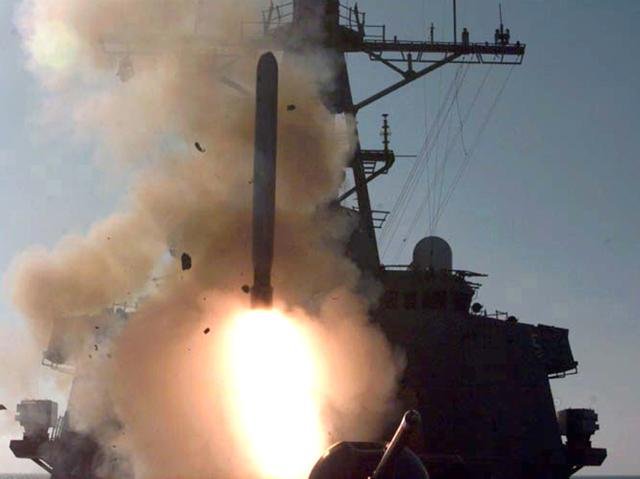(Published in Just Security, Jun. 2, 2020)
 In a recent essay in Just Security entitled “Iranian Gunboat Harassment and the Rules of Engagement,” Michael Schmitt and Durward Johnson explore important questions raised by President Trump’s recent instruction to destroy any Iranian gunboats that harass U.S. warships in the Persian Gulf. It is a thorough and careful analysis, and I agree with its conclusions – namely, that the harassing actions in question did not rise to the level of an imminent or actual armed attack on U.S. vessels, and thus could not justify a use of force in response, and that the president’s statements could in turn constitute an unlawful threat to use force in violation of Article 2(4) of the U.N. Charter. But the essay also raises some interesting and debatable questions that invite further discussion, and it makes assertions about the state of particular principles of international law that require some push-back. Let us begin with the latter.
In a recent essay in Just Security entitled “Iranian Gunboat Harassment and the Rules of Engagement,” Michael Schmitt and Durward Johnson explore important questions raised by President Trump’s recent instruction to destroy any Iranian gunboats that harass U.S. warships in the Persian Gulf. It is a thorough and careful analysis, and I agree with its conclusions – namely, that the harassing actions in question did not rise to the level of an imminent or actual armed attack on U.S. vessels, and thus could not justify a use of force in response, and that the president’s statements could in turn constitute an unlawful threat to use force in violation of Article 2(4) of the U.N. Charter. But the essay also raises some interesting and debatable questions that invite further discussion, and it makes assertions about the state of particular principles of international law that require some push-back. Let us begin with the latter.
The State of the Law: The Law of State Responsibility
The authors identify their purpose as assessing whether U.S. warships have a right under the body of international law that governs the resort to force by states (jus ad bellum), to use force in self-defense against Iranian gunboats engaged in harassment operations. At the very outset, in laying the foundation for the jus ad bellum analysis, the authors state that “as a matter of law, self-defense is a ‘circumstance precluding wrongfulness’ of a state’s use of force that would otherwise violate the prohibition found in Article 2(4) of the U.N. Charter…”

